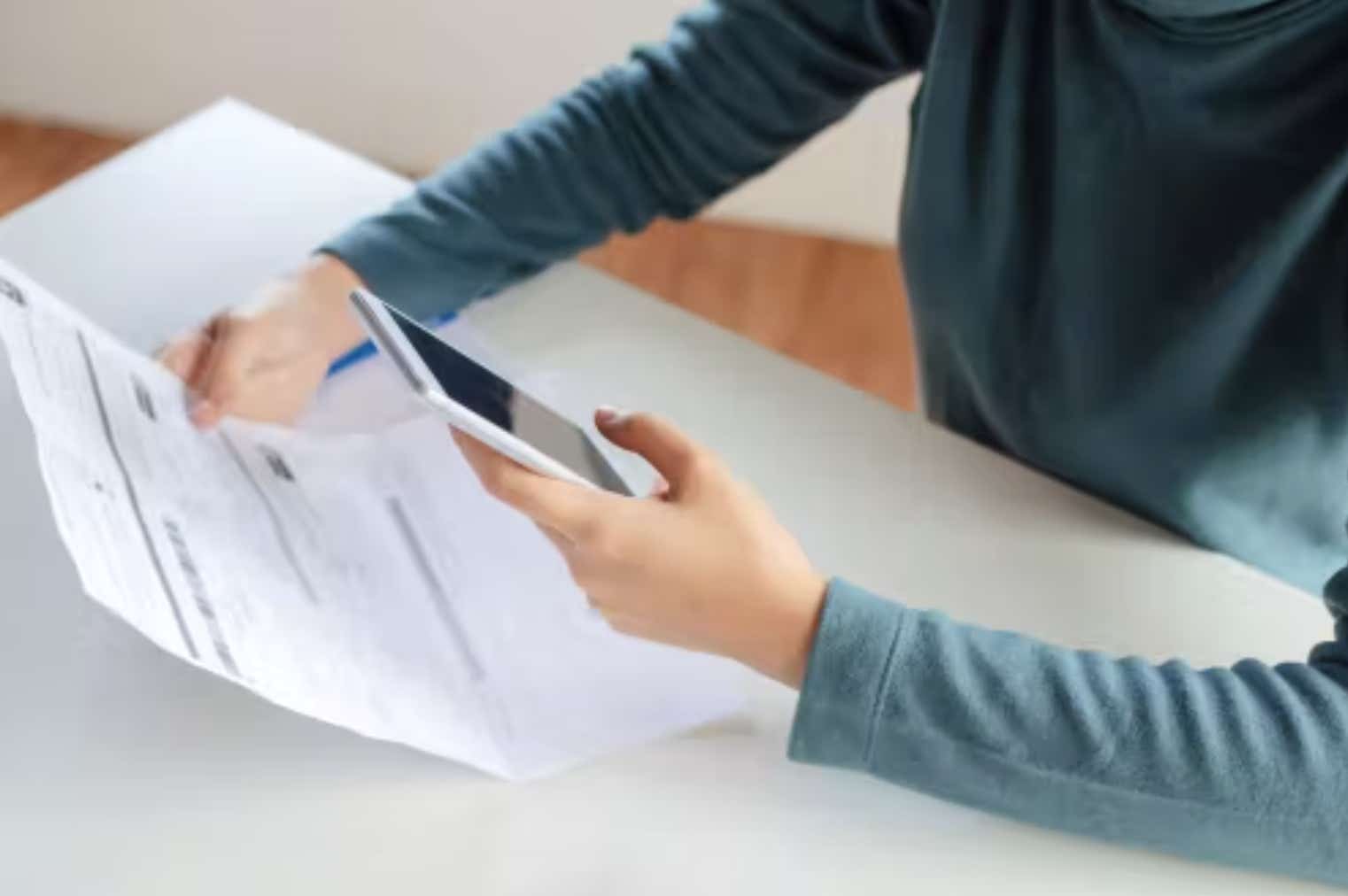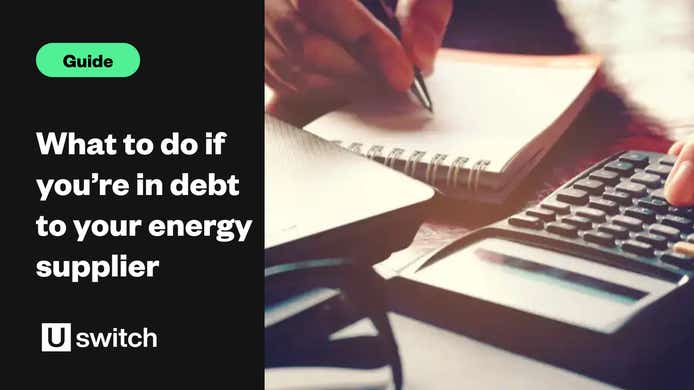The price rise has been much discussed since it was announced at the beginning of February. It comes as a result of the raising of the level of the energy price cap, which sets a limit on the amount that energy companies can charge customers on standard variable tariffs.
With energy wholesale prices higher than they’ve ever been as a result of various factors, the vast majority of customers in the UK will be on a standard variable tariff, which is rated at £1,971 per year for average use dual fuel customers paying by direct debit.
Not only are unit rates going up, but standing charges (the charge you pay each day simply to be connected to a gas and/or electricity system) are also more than doubling in some regions, so even those who try to limit their energy usage will feel the effect of the price rise.
What can you do about price rises?
Use a smart meter to monitor your energy usage. A smart meter will show how much energy you are using each day. This will help you make more informed decisions around your energy usage and spend, and help you create a budget to keep your spending under control.
Get into good energy saving habits such as running your washing machine at 30 degrees, turning your heating down by one degree, and turning off lights and appliances when not being used.
Check whether you have a surplus credit balance with your provider. Normally we’d advise that you claim the money back, but it might be worth keeping the balance there as a buffer in light of these price rises.
Check that your monthly direct debit payments reflect your actual use and inform your provider if it is inaccurate. This ensures that you are not paying too much or too little for your energy bills.
See what energy support schemes or grants you - or any vulnerable friends or relatives - may qualify for. If you are struggling with your bills, there is help available from the Government and energy suppliers. The Warm Home Discount scheme will open for applications later this year, but many suppliers have their own customer support funds, with some offering home insulation and energy efficient white goods.
Stay up to date with what’s happening in the energy market to see what deals are on offer. By signing up to alerts, you will be informed when a deal comes along and will be ready to switch if it is right for you. Uswitch Quick Checker provides personalised information about your energy plan and a recommendation of what you should do. Some providers are offering fixed deals to their customers directly that may be better value than those offered on the wider market. If you get a notification from your supplier with a deal that looks affordable, consider fixing, as these deals can get snapped up very quickly.
Check your other household bills. You might not be able to save on energy, but that doesn’t mean you can’t cut costs across your other household bills. Reviewing your broadband, TV and mobile contracts could be a quick and simple way to reduce your monthly outgoings.
Look out for your £150 council tax rebate in April, and keep the money somewhere safe so you can put it towards your energy bills. People who pay by direct debit will automatically get this rebate paid directly into their account, so it is worth considering setting up a direct debit to receive the rebate quicker. Those who pay by other methods will be contacted by their council and invited to make a claim. If you are in a higher council tax band and not eligible for the rebate, keep an eye out for the discretionary £140 million fund being set up to help those who are struggling.
Justina Miltienyte, Head of Policy at Uswitch.com said: “Following months of warnings, energy price rises are finally kicking in.
“Affected bill-payers have heard from their supplier in recent weeks about how their bill will change, and households will be trying to figure out what they can do to reduce the impact.
“The fact that the price increases come into effect just as we enter spring might be a small relief, as many households will soon be turning off their heating.
“But this situation is even worse for those in fuel poverty, who are already trapped in a vicious cycle of energy debt. It calls into sharp focus just how vital the Government support for the most vulnerable households is and how inadequate it has become.
“Such historic rises in energy bills require more oversight on how consumers are coping, especially those most vulnerable. The Government needs to keep a very close eye on the impact the rises on household bills are having on customers and act promptly to provide relief - not just wait until the Autumn Statement.
“It is more important than ever that people stay engaged with the energy market and sign up to alerts to inform them when better deals become available.
“If you're worried about getting into debt, contact your supplier as soon as possible. It’s also worth checking what grants and schemes might be available to help cover your energy bills, particularly if you or someone you know is vulnerable.”




